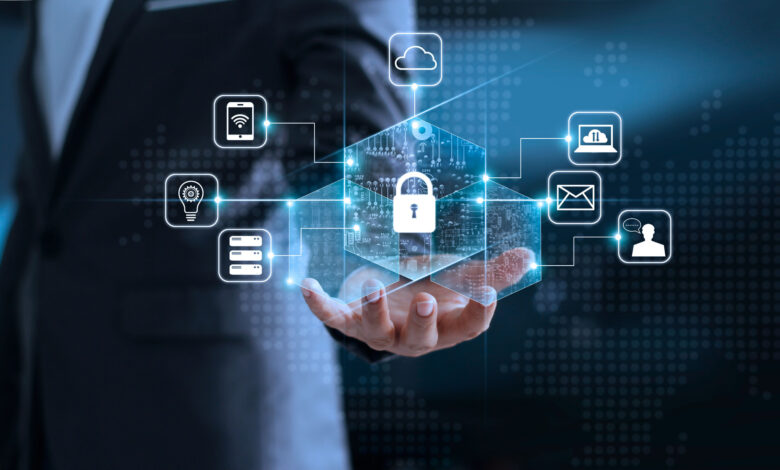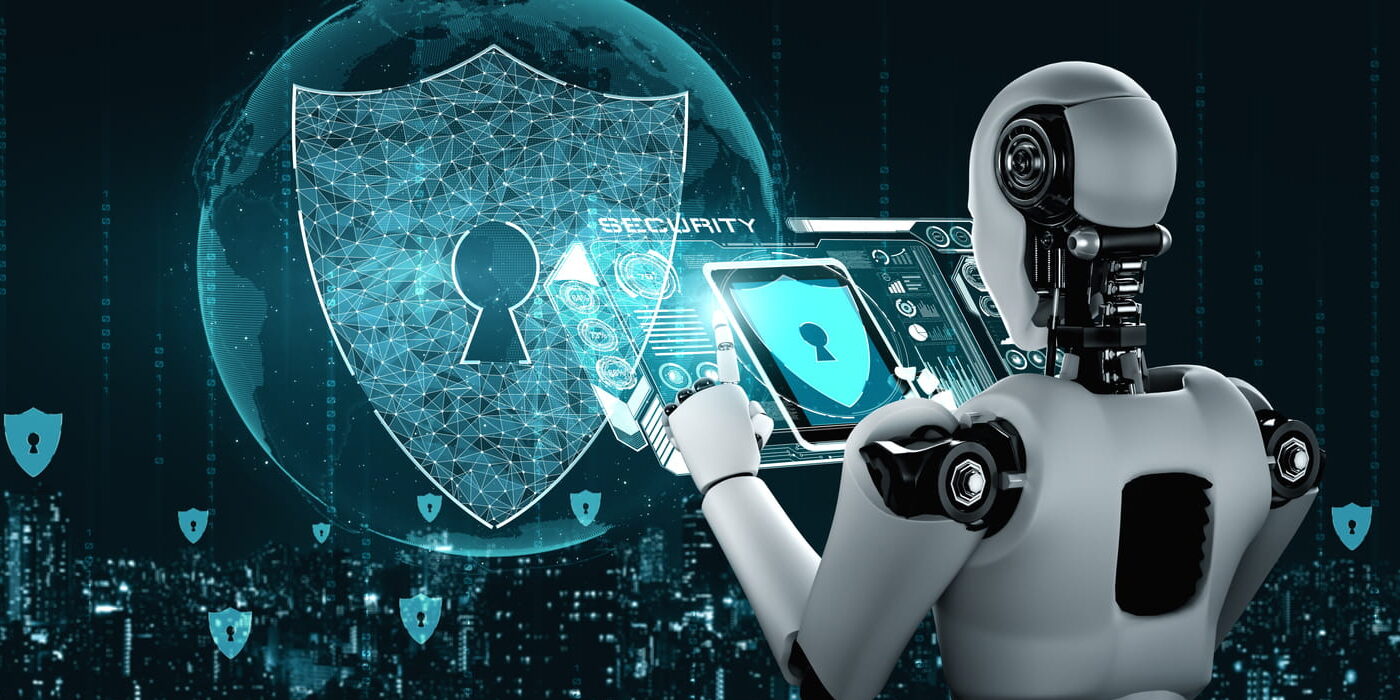How Technology Is Revolutionizing Private Security Services?

Private security is changing fundamentally in response to fast global development. Security now refers not only to a metal gate, a uniformed guard, and poor CCTV. Technology in Private Security, As more people want proactive security and more complicated threats surface, new technologies enable the private security sector to stay ahead. From biometrics and artificial intelligence to drones and hacking, these new technologies are making things safer and changing how security is seen and supplied across all sectors.
Shift from Traditional to Tech-Driven Security
Private security focused on property and doors and discouraged criminals through visibility. Though crucial, these strategies are insufficient in the technology-driven environment and today’s real-life hazards. Security issues have been brought forward by data breaches, cyberattacks, identity theft, and internal threats.
These problems call for integrated, faster, more intelligent answers. Given both physical and digital threats, private security companies must use a hybrid strategy. This includes smart technologies’ response by vigilantes and real-time detection and analysis.
AI-driven monitoring and security
Modern security systems depend heavily on artificial intelligence. AI helps video monitoring systems to view thousands of camera feeds concurrently. Artificial intelligence systems are not like video-recording ones. They aggressively hunt for suspicious behavior, identify suspects via facial recognition, and instantly find unsecured objects or dubious behaviors.
Over time, machine learning enables their improvement. Learning from past events, artificial intelligence can assist security teams in stopping assaults and forecasting risks. One big difference between proactive and reactive security is that the former is better.
Expanding the Security Perimeter
Large-scale monitoring and emergency relief depend critically on drones. Technology in Private Security, faster than people, high-end cameras, thermal imaging, and live streaming let drones track airports, warehouses, and event venues.

Additionally, robots that guard humans are influencing the situation. These self-driving robots can scan the grounds, sense movement, compile data, and interact with security experts using built-in artificial intelligence interfaces. Companies are using robotic patrols to do routine chores, freeing security personnel to deal with more difficult situations.
Using biometrics, changing access control
One of the main changes in private security is substituting biometric identification for keys and access cards. In high-security settings, fingerprint readers, facial recognition, iris scanners, and voice authentication are becoming rather common. These technologies make things safer and simpler since approved persons may enter fast and without touching anything.
The Internet of Things (IoT) lets private security systems link and be managed in new ways. IoT devices with central platforms can be smart locks, environmental monitors, motion detectors, and cameras. This makes collaborative efforts possible to address problems. Motion sensors send a mobile app message to the closest guard reporting the incident and can turn lights, alarms, and live video streams on.
Security teams may monitor and run these devices from anywhere using cloud-based administration solutions. This gives them real-time data and unheard-of flexibility. Additionally, biometric systems record who visited what area and when, which helps audits and incident inquiries.
Power of IoT in Security Systems
Private security organizations provide cybersecurity services since companies depend more on digital infrastructure. Required are firewalls, data encryption, safe access, and real-time threat monitoring. Physical and digital security allow businesses to guard intellectual property and office space. Allied: For years, Universal has led technology-based personal protection.
Using predictive analytics, their AI-based program, “Heliaus,” better assigns staff members and spots security vulnerabilities before they become more severe. Particularly in dangerous or difficult-to-reach places, private Middle Eastern companies use drones to monitor building sites and important infrastructure.
Summary
Technology will transform personal security. Reactive defenses will give way to proactive, smart networks as artificial intelligence, monitoring systems, and the Internet of Things grow and link. Rise of Blockchain Gaming. These developments have improved matters, even if moral use, privacy, and rules still remain challenges. New technologies are reshaping and establishing new standards in private security. People and companies have to change with this future.
